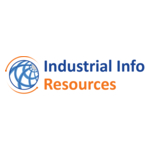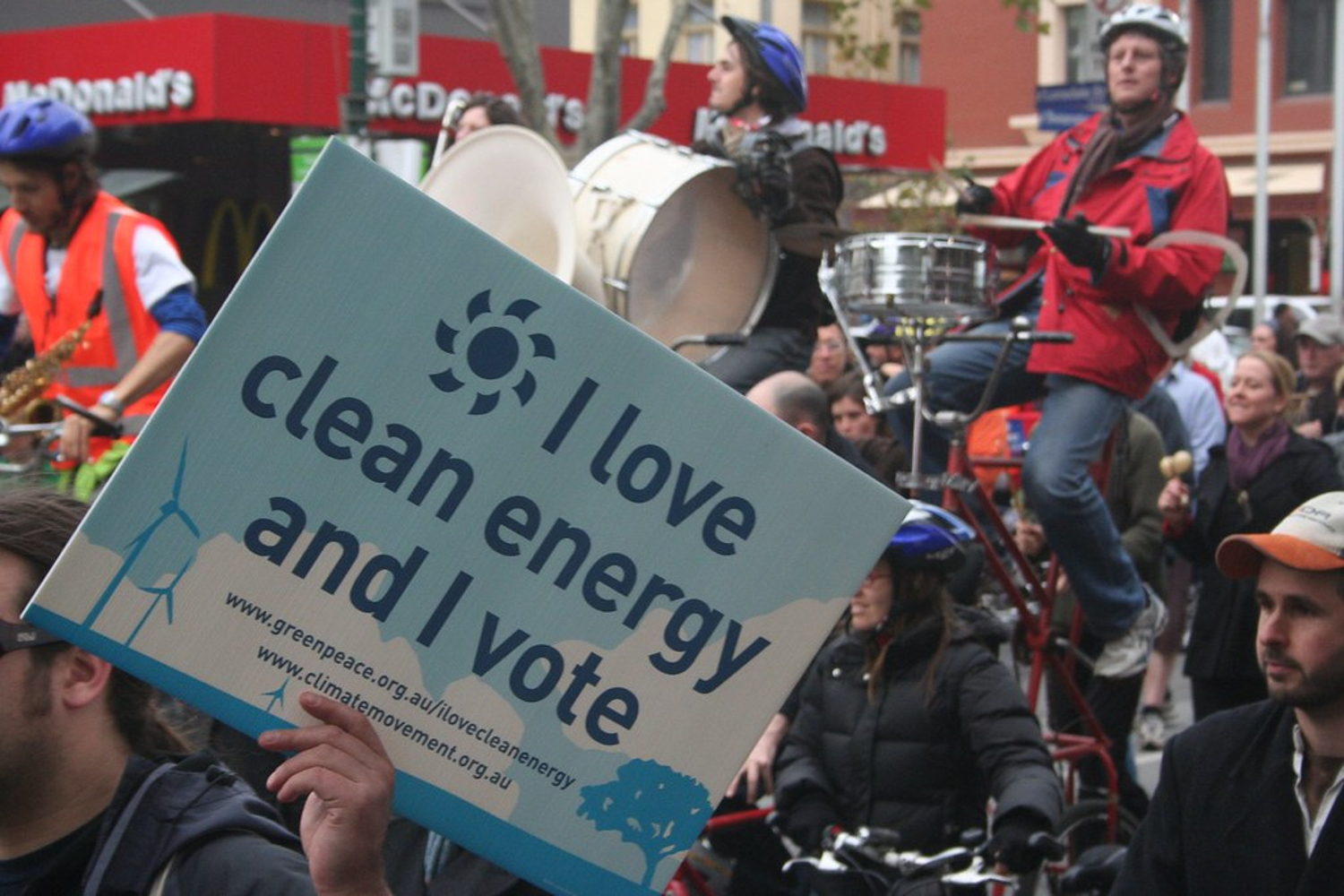SUGAR LAND, Texas–(BUSINESS WIRE)–Researched by Industrial Info Resources–Javier Milei was sworn in as president of Argentina in December, bringing with him a wave of sweeping reforms aimed at pushing neoliberal policies. The energy sector has been one of his priorities since coming to power, although mining operations have been left on the side.
Milei has moved to end fuel and gas subsidies, halt public investments and reduce the size of the government.
In December, Milei sent his Omnibus Reform package to Congress. The document contains more than proposed 300 laws, some of which cover mining operations. The objective of the Omnibus measure is to reduce the government’s involvement in the economy, encourage the privatization of state-owned companies and promote a safe and stable environment for private investments in the country.
The reform has yet to be voted on in Congress and could suffer several changes. Among the key reforms affecting the mining sector is the privatization of state companies Yacimientos Mineros de Agua de Dionisio and Yacimientos Carboniferos Fiscales Empresa del Estado.
Also, the reform measure includes benefits for major projects in Argentina as a way to attract investors to the country, which could benefit the mining sector. Despite these announcements, the mining sector is still on standby, awaiting more signs of what could happen.
The new mining minister, Flavia Royón, said during an interview with Profesional FM that the reform of major investment projects promoted by Omnibus will help develop activity in the mining sector, especially copper production.
The new government has hinted that in addition to the production of lithium, which has already been booming in Argentina, copper will be the country’s new flagship metal.
“This government sees great potential in mining,” Royón told Profesional FM this month. “We have the challenge of completing the lithium projects that are under construction and can begin exporting. Argentina has seven copper projects in an advanced stage. Today Argentina does not have copper production so it is clearly one of the great challenges and one of those that will change the reality of the mining provinces. Copper is going to be a turning point for Argentina.”
In reality, Argentina’s mining policy has been more open to international companies than neighbors such as Chile, promoting private investments for the extraction of minerals with 30-year concessions and no import taxes. This is seen especially in the lithium sector, where Argentina has maintained a free market policy while its neighbors have moved to nationalize the industry.
Argentine lithium continues to attract the attention of international companies and foreign governments. Milei recently said in an interview at La Noche de Mirtha program that “One of the things that happened to me is that Elon Musk called me. He is extremely interested in lithium, and the United States government and many companies from there are also very interested. But they need a legal framework that respects property rights.”
This shows that Milei will seek to strengthen the legal framework, through reforms such as major investment projects by Omnibus, to attract the private sector to the mining industry.
“Argentina is a growing destination for lithium project investment. There are about 80 lithium mining and downstream processing projects totaling more than $20 billion in various stages of development in Argentina, according to Industrial Info’s Global Market Intelligence (GMI),” said Renzo Castillo, Manager of Research Latin America for Industrial Info. Subscribers to Industrial Info’s Global Market Intelligence (GMI) Metals & Minerals Project Database can click here for a list of detailed project reports.
Argentine provinces also play a significant role in the mining industry, setting the policies to regulate and manage the sector. And while Milei can set the national mining policy and promote investments in the industry, it is up to the provinces to manage the licenses and grant the permits for mining exploration and production.
Mining policy shifts at the national level can ultimately trigger changes at the domestic level. With the reduction of public spending pushed by Milei, Argentina provinces may seek to rely on industries such as the mining sector to raise funds at the local level. Thus, it is still too early to know what Milei’s effect on the industry will be besides the promotion of investments.
However, it is clear that the new government will support the exploitation of minerals with the objective to raise more foreign currency, through exports, as a way to rekindle the economy and replenish international reserves.
Industrial Info Resources (IIR) is the leading provider of industrial market intelligence. Since 1983, IIR has provided comprehensive research, news and analysis on the industrial process, manufacturing and energy related industries. IIR’s Global Market Intelligence (GMI) helps companies identify and pursue trends across multiple markets with access to real, qualified and validated plant and project opportunities. Across the world, IIR is tracking more than 200,000 current and future projects worth $17.8 Trillion (USD).
Contacts
Brian Ford
Phone: 713-783-5147




